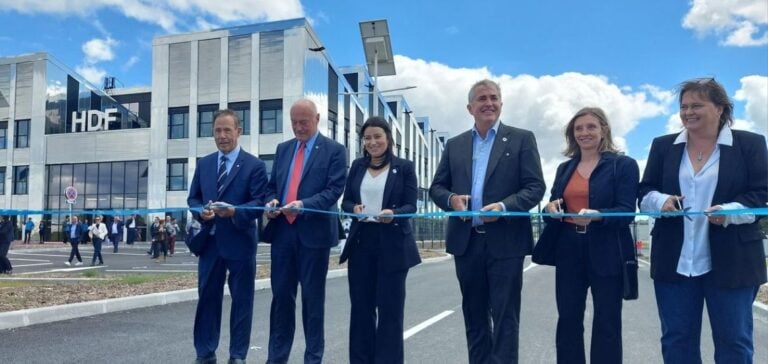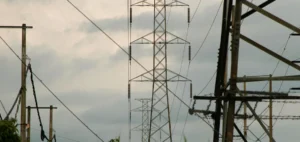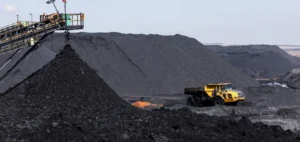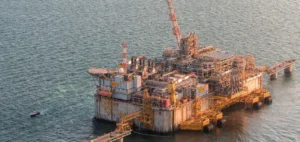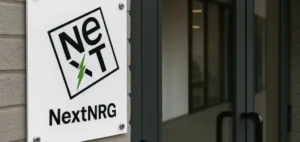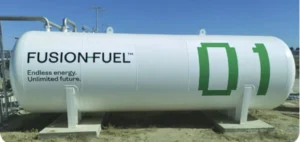The hydrogen industry has reached a major milestone with the inauguration by Hydrogène de France (HDF Energy) of the world’s first plant dedicated to the production of high-power fuel cells. Located in Blanquefort, Gironde, this facility marks a turning point for the decarbonization of the heavy mobility sector and the global energy transition. The Blanquefort site, built on the former Ford factory grounds, covers an area of 7,000 square meters, with the potential to expand by a further 5,000 square meters. Construction, completed in 14 months at a cost of 20 million euros, includes nine assembly lines. HDF Energy anticipates an initial production capacity of 100 megawatts (MW) of batteries per year, with a planned ramp-up to 1 gigawatt (GW) per year by 2030.
An ambitious industrial project
Once the industrial process has been finalized in the coming months, the pre-production phase and fuel cell testing will begin in 2025. Mass production of 1.5 to 10MW batteries will begin in 2026. These cells will play a crucial role in power generation for applications such as hydrogen-powered freight locomotives and ships, markets where batteries are unsuitable. HDF Energy’s batteries, when connected to wind or solar power sources, will also be able to replace coal- or oil-fired power plants to supply electricity grids. This technology is already in use with partners such as Captrain, a subsidiary of SNCF, and ABB Marine International.
Expansion and global outlook
HDF Energy is currently involved in some fifteen projects worldwide, representing investments of over five billion euros. The countries concerned include Guyana, South Africa, Indonesia, Mexico, the Philippines and Cambodia. At Blanquefort, the company plans to increase its workforce from 100 to 500 by 2030, with 70% of supplies coming from local and European suppliers. Supported by the Nouvelle-Aquitaine Region and selected by the European Commission as part of a joint funding program for hydrogen, HDF Energy is one of 11 companies to benefit, alongside giants such as Airbus and BMW. This support translates into 1.4 billion euros in public funding from seven EU member states, with an expected leverage effect of a further 3.3 billion euros in private investment. The inauguration of this plant in Gironde symbolizes a significant step forward in the energy transition. By producing high-power fuel cells, HDF Energy is helping to decarbonize key mobility sectors and strengthen power grids worldwide. This initiative is part of a global drive to move away from fossil fuels, supported by substantial public and private investment.


